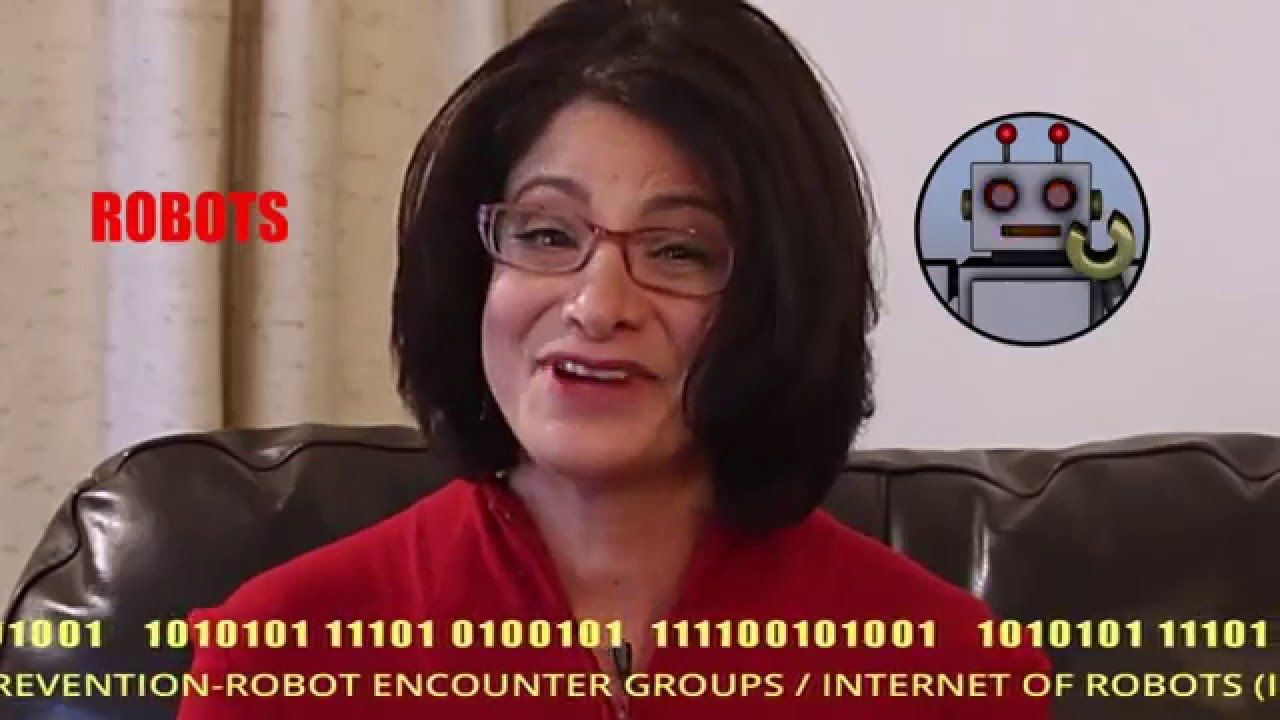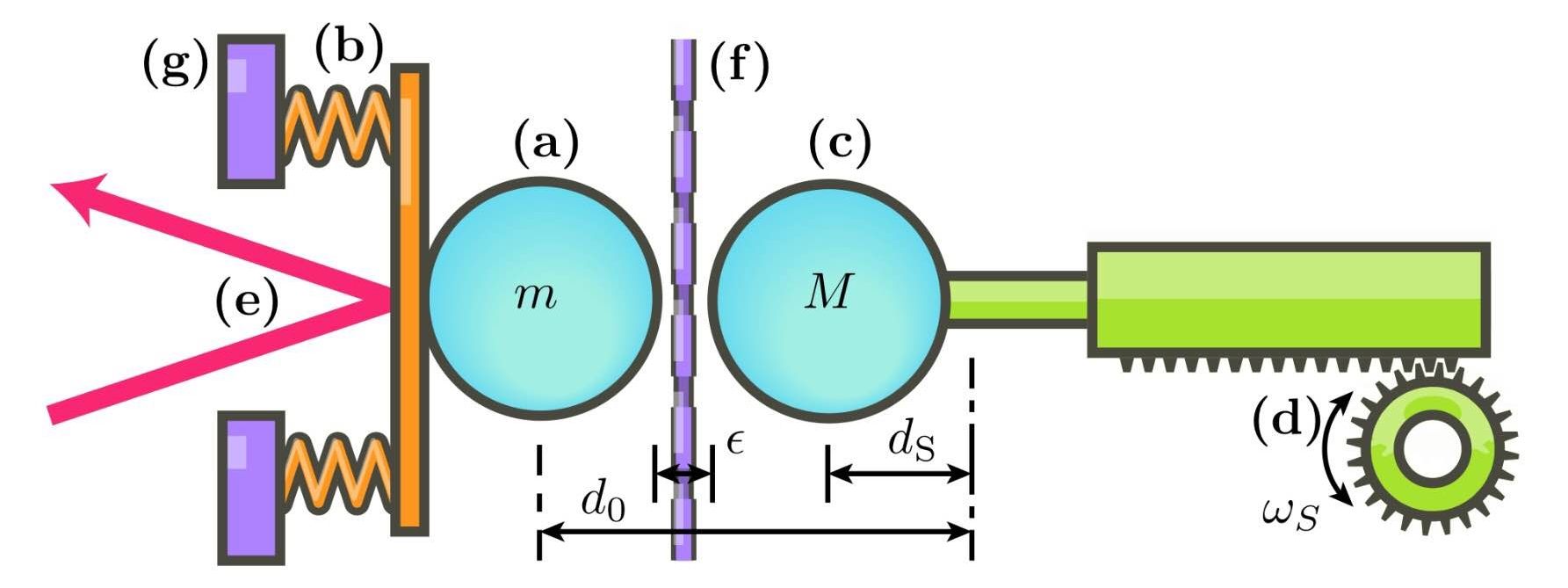Page 11664
Mar 2, 2016
Diffie, Hellman win Turing Award; cryptography research update
Posted by Karen Hurst in categories: encryption, quantum physics
Cryptography research panel at RSAC 2016 features debate on Apple vs. FBI, Juniper backdoor, and quantum crypto, and Diffie, Hellman nab Turing Award.
Mar 2, 2016
How to Measure the Gravitational Field of a Quantum Object
Posted by Karen Hurst in category: quantum physics
Measuring devices have become sensitive enough to detect the gravitational forces between tiny objects and may soon cross the quantum threshold.
Mar 2, 2016
The nanolight revolution is coming
Posted by Karen Hurst in categories: biotech/medical, particle physics
P-Dots v. Q-Dots;
Virus-sized particles that fluoresce in every colour could revolutionize applications from television displays to cancer treatment.
Mar 2, 2016
Penn philosopher sheds new light on robots, artificial intelligence
Posted by Karen Hurst in categories: computing, robotics/AI
Very glad to see this article released. When I look at technology I have to look at their value (short & long term), cost & time to develop, usability and adoption potential, and risks & liability as well as their revenue potential & longevity in the market. In order for robots to have broader adoption by consumers and longevity in the future; development groups will need to design & develop robots that are more personable & multi-functional for consumers and companies. We still have a long ways to go.
What role does a philosopher play in building robots? If you’re Lisa Miracchi, an assistant professor in the Department of Philosophy in the School of Arts & Sciences, more than you might think.
When scholars began studying human intelligence, Miracchi says two schools of thought emerged: One group said human beings are simply computers, with mental states and actions explained in computational terms. The other camp believed that intelligence and the ability to think makes humans more than just computers.
Continue reading “Penn philosopher sheds new light on robots, artificial intelligence” »
Mar 2, 2016
World’s First Robotic Psychiatrist® Applauds Actor’s Skill in Robot Therapy Ad, Launches New “Dr. Joanne” Website
Posted by Karen Hurst in category: robotics/AI

SANTA ROSA, Calif., March 2, 2016 /PRNewswire/ — Dr. Joanne Pransky, recognized for 30 years as the “World’s First Robotic Psychiatrist,” just launched a new Website and YouTube Channel at www.robot.md.
The day after actor Carrie Fisher captivated Oscar viewers in an IBM Watson commercial where she holds group therapy for robots, “Dr. Joanne” brought her new website to life. “Carrie Fisher deserves an honorary diploma of robotic psychiatry!” Dr. Joanne exclaimed.
Mar 2, 2016
Artificial Intelligence Risk — 12 Researchers Weigh in on the Danger’s of Smarter Machines
Posted by Karen Hurst in categories: biotech/medical, economics, mobile phones, robotics/AI, security
A realistic article on AI — especially around AI being manipulated by others for their own gain which I have also identified as the real risks with AI.
Artificial intelligence (AI), once the seeming red-headed stepchild of the scientific community, has come a long way in the past two decades. Most of us have reconciled with the fact that we can’t live without our smartphones and Siri, and AI’s seemingly omnipotent nature has infiltrated the nearest and farthest corners of our lives, from robo-advisors on Wall Street and crime-spotting security cameras, to big data analysis by Google’s BigQuery and Watson’s entry into diagnostics in the medical field.
In many unforeseen ways, AI is helping to improve and make our lives more efficient, though the reverse degeneration of human economic and cultural structures is also a potential reality. The Future of Life Institute’s tagline sums it up in succinct fashion: “Technology is giving life the potential to flourish like never before…or to self-destruct.” Humans are the creators, but will we always have control of our revolutionary inventions?
To much of the general public, AI is AI is AI, but this is only part truth. Today, there are two primary strands of AI development — ANI (Artificial Narrow Intelligence) and AGI (Artificial General Intelligence). ANI is often termed “weak AI” and is “the expert” of the pair, using its intelligence to perform specific functions. Most of the technology with which we surround ourselves (including Siri) falls into the ANI bucket. AGI is the next generation of ANI, and it’s the type of AI behind dreams of building a machine that achieves human levels of consciousness.
Mar 2, 2016
Coke and McDonald’s Are Now in the Virtual Reality Business
Posted by Karen Hurst in categories: business, virtual reality
I wanted to share this article; not to promote a career as a hacker, only to share how organized these groups have become.
It involves job postings on the dark web, Skype interviews, and digital voice-changing technology.
Mar 2, 2016
Latest attack against TLS shows the pitfalls of intentionally weakening encryption
Posted by Karen Hurst in categories: encryption, government, security
“For the third time in less than a year, security researchers have found a method to attack encrypted Web communications, a direct result of weaknesses that were mandated two decades ago by the U.S. government”
This could have more than just security gap ripple effects; it could actually be a loophole for any claims/ lawsuits that consumers and others have with various organizations.
For the third time in under a year, security researchers have found a method to attack encrypted Web communications, a direct result of weaknesses that were mandated two decades ago by the U.S. government.
















